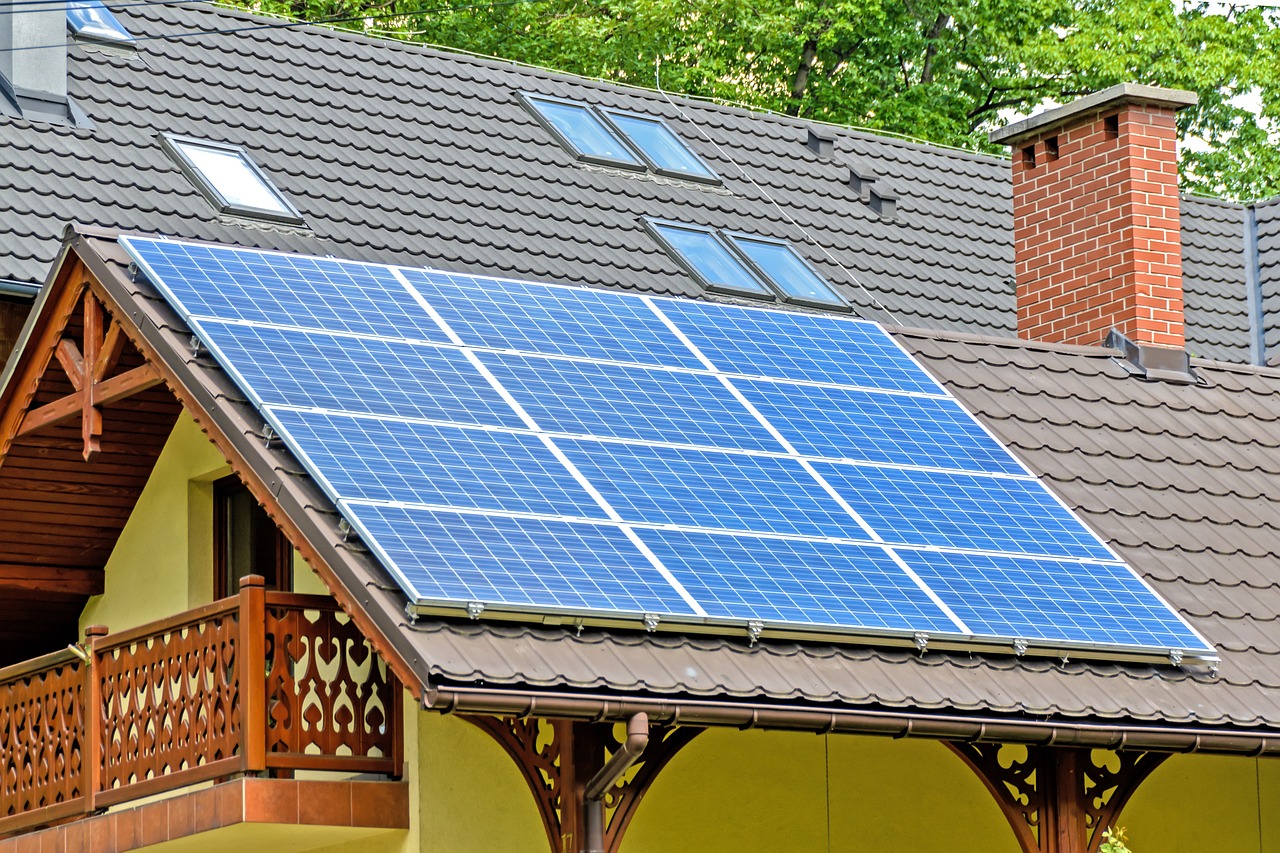Renewable energy is at the forefront of the global agenda, driving innovation and shaping the future of our planet. As countries strive to reduce their carbon footprints and combat climate change, renewable energy sources such as solar, wind, hydro, and geothermal power are becoming increasingly vital. This article delves into the future of renewable energy around the world, examining current trends, technological advancements, and the impact on global economies and the environment.
The Current Landscape
The renewable energy sector has seen significant growth in recent years. According to the International Energy Agency (IEA), renewables accounted for nearly 90% of new power capacity expansion globally in 2020. Solar and wind power are leading this charge, with solar photovoltaic (PV) installations reaching new heights due to decreasing costs and improved efficiency. Wind power, both onshore and offshore, continues to expand, supported by technological advancements and favorable government policies.
Technological Advancements
One of the key drivers of the renewable energy revolution is technological innovation. Advancements in solar PV technology, such as the development of more efficient solar cells and bifacial panels, have made solar power more affordable and accessible. Similarly, innovations in wind turbine design, including larger and more efficient blades, have increased the capacity and reliability of wind power.
Energy storage is another critical area of development. The ability to store energy from intermittent renewable sources is essential for ensuring a stable and reliable power supply. Advances in battery technology, particularly lithium-ion and emerging solid-state batteries, are enhancing energy storage capabilities, making it possible to store excess energy generated during peak production periods and release it when needed.
Global Initiatives and Policies
Governments around the world are implementing policies and initiatives to promote renewable energy adoption. The European Green Deal, for instance, aims to make Europe the first climate-neutral continent by 2050, with a strong emphasis on renewable energy. Similarly, countries like China and India are making significant investments in solar and wind power to meet their growing energy demands while reducing greenhouse gas emissions.
The United States is also making strides in renewable energy, with federal and state-level policies supporting the transition to clean energy. The Biden administration’s commitment to achieving a carbon-free power sector by 2035 has accelerated investments in renewables and infrastructure improvements.
Economic and Environmental Impact
The transition to renewable energy presents significant economic opportunities. The renewable energy sector is a major source of job creation, with millions of people employed in solar, wind, and other renewable industries. According to the International Renewable Energy Agency (IRENA), the renewable energy sector could employ up to 42 million people globally by 2050.
Environmental benefits are equally compelling. Renewable energy sources produce little to no greenhouse gas emissions during operation, reducing air pollution and mitigating climate change. Additionally, the shift away from fossil fuels reduces dependence on finite resources, promoting energy security and sustainability.
Challenges and Future Outlook
Despite the promising future of renewable energy, several challenges remain. The intermittent nature of solar and wind power requires advancements in grid management and energy storage solutions. Furthermore, the transition to renewable energy necessitates significant investments in infrastructure and technology.
However, the outlook for renewable energy is optimistic. With continued technological advancements, supportive policies, and increasing public awareness, the world is well-positioned to harness the full potential of renewable energy. As countries continue to invest in clean energy solutions, the vision of a sustainable, low-carbon future is becoming a reality.
1. What are the main types of renewable energy?
The main types of renewable energy include solar, wind, hydro, geothermal, and biomass energy. These sources are sustainable and have minimal environmental impact compared to fossil fuels.
2. How does renewable energy impact the economy?
Renewable energy creates jobs, stimulates economic growth, and reduces energy costs over time. It also reduces dependence on imported fuels, enhancing energy security.
3. What are the environmental benefits of renewable energy?
Renewable energy reduces greenhouse gas emissions, decreases air pollution, and conserves natural resources. It also helps mitigate climate change and promotes a healthier environment.
4. What challenges does renewable energy face? Challenges include the intermittent nature of some renewable sources, the need for advanced energy storage solutions, and significant infrastructure investments. Policy and regulatory barriers can also impact the adoption of renewables.
5. What is the future outlook for renewable energy?
The future of renewable energy is promising, with continued technological advancements, supportive government policies, and increasing global investment. Renewables are expected to play a crucial role in achieving a sustainable and low-carbon future.
Renewable energy is undoubtedly a cornerstone of the future global energy landscape. As technology progresses and global commitments to sustainability strengthen, the world is moving towards a greener, more resilient energy system that benefits both the economy and the environment.




